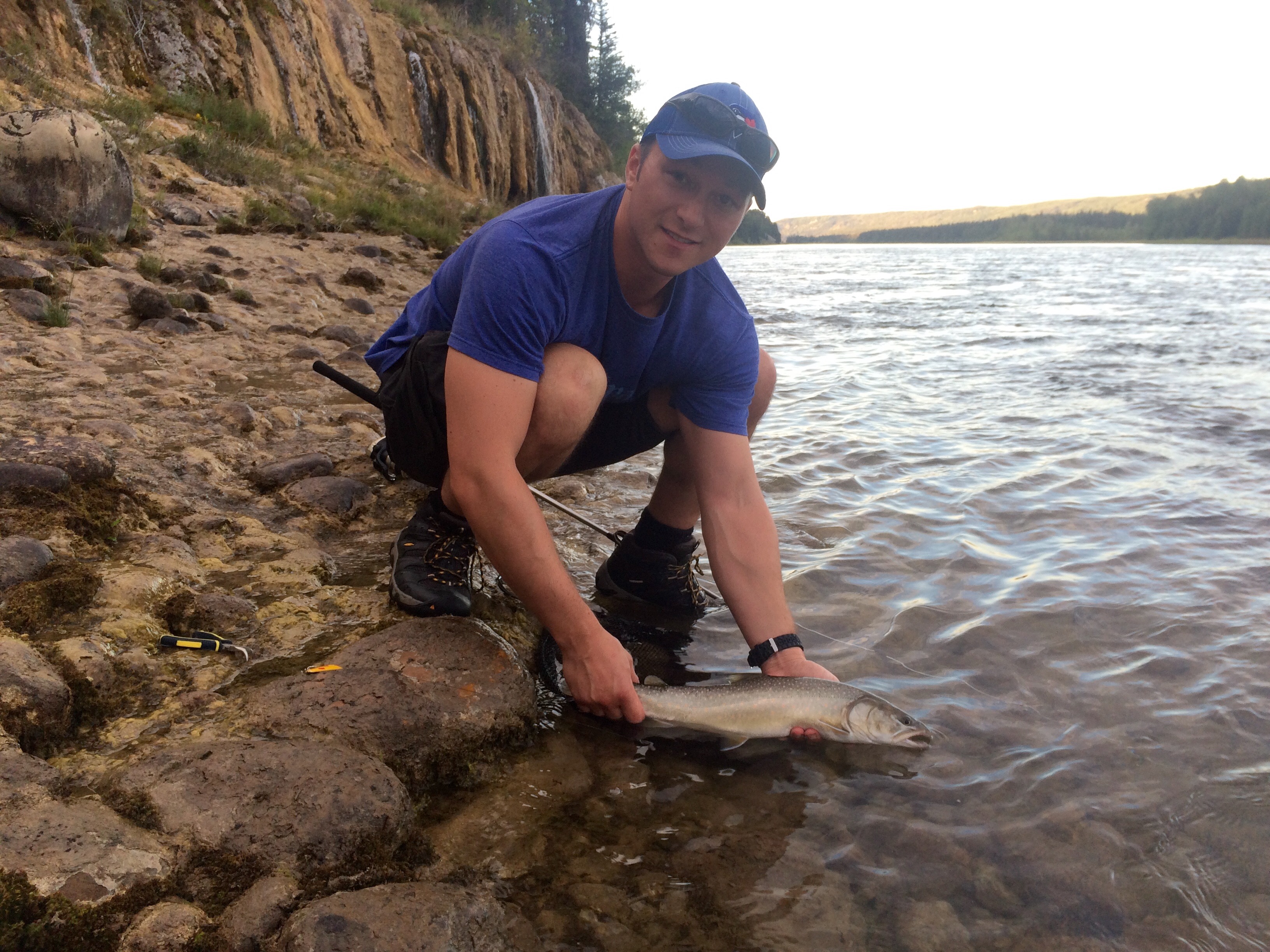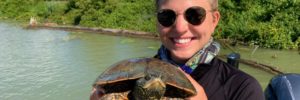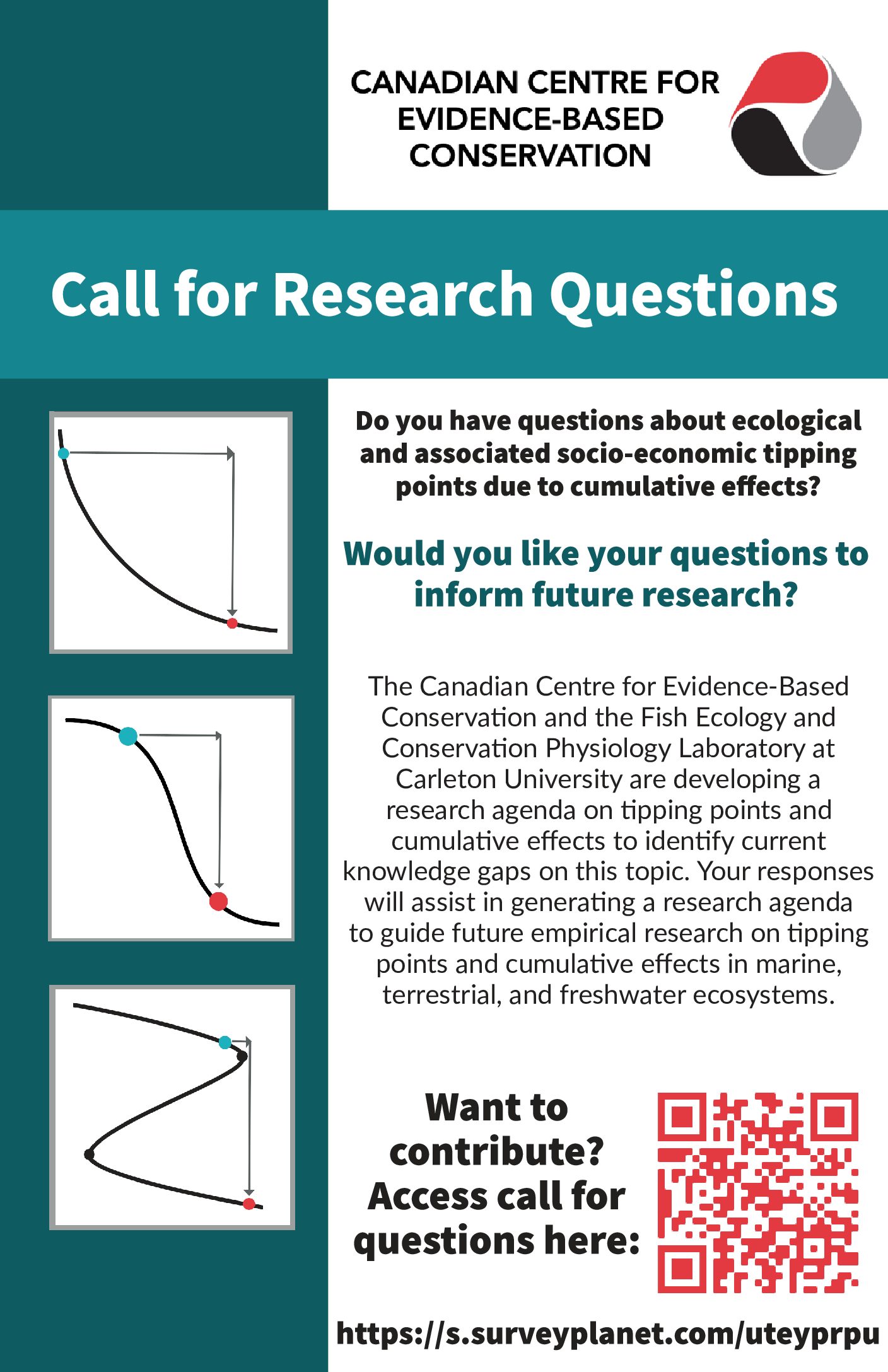In partnership with BC Hydro, Cooke lab students are using acoustic telemetry to better understand the spatial ecology of bull trout and assess fish entrainment risk in reservoirs. Located in northern British Columbia, the Williston Reservoir is the seventh largest reservoir in the world. The reservoir was formed after the completion of the WAC Bennett Dam in 1968. A second dam on the Peace River; the Peace Canyon Dam is located 23 km downstream of WAC Bennett and was responsible for the formation of Dinosaur Reservoir. Williston and Dinosaur reservoirs are populated by many valuable recreational fish species such as bull trout, lake trout, rainbow trout, and kokanee. A total of 27 Vemco VR2W receivers were deployed in the Williston reservoir, with an additional 8 receivers placed downstream in Dinosaur Reservoir and Peace River. Bull trout will be angled in each of the two reservoirs and transmitters will be surgically implanted into the fish. The research will help to inform the development of operational regimes that mitigate entrainment risk for key fish species. Funding is provided by the NSERC CRD program and BC Hydro and involves collaboration between engineers and biologists at Carleton University, University of British Columbia, University of Waterloo and University of Alberta.
Latest News
-
Cooke lab members attend the American Fisheries Society annual meeting in Honolulu!
November 22, 2024 4:37 pm
By: fecpl
Several past and present Cooke lab members presented and enjoyed...
-
Our lab celebrates our most recent grad students for defending their MSc and PhD theses (Sept 2023).
September 17, 2023 4:25 am
By: fecpl
-
Lab members assembled at the inaugural SCAS meeting in Montreal in February of 2023.
February 27, 2023 11:01 pm
By: fecpl
There were many team members (past and present) at the...
-
PhD student Jessica Robichaud discusses her turtle research with CBC Radio
November 11, 2022 10:09 pm
By: fecpl
https://www.cbc.ca/listen/live-radio/1-193-fresh-air/clip/15946967-what-turtles-ontario-winters
-
November 2, 2022 4:57 pm
By: fecpl
The Canadian Centre for Evidence-Based Conservation and the FECPL at...





